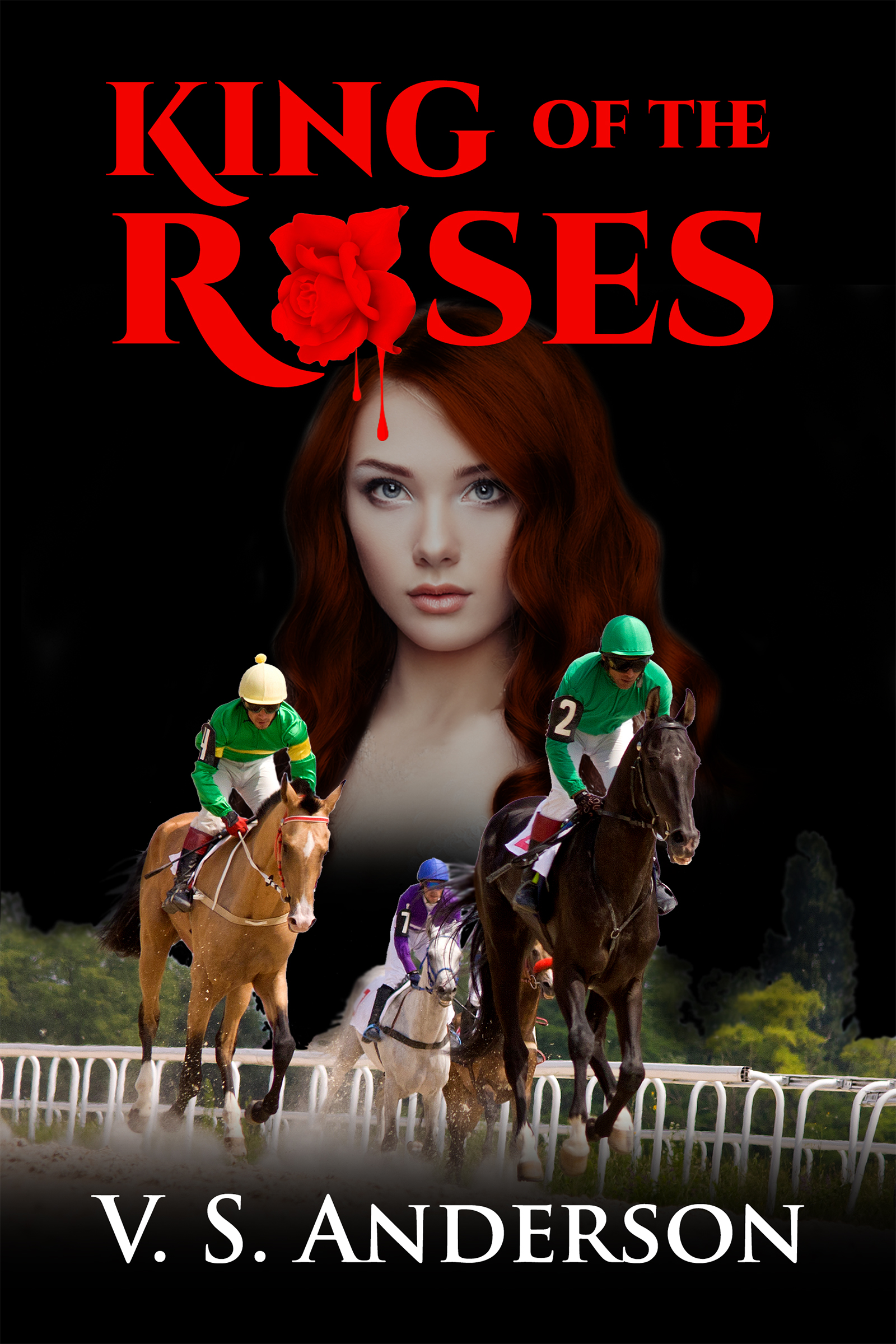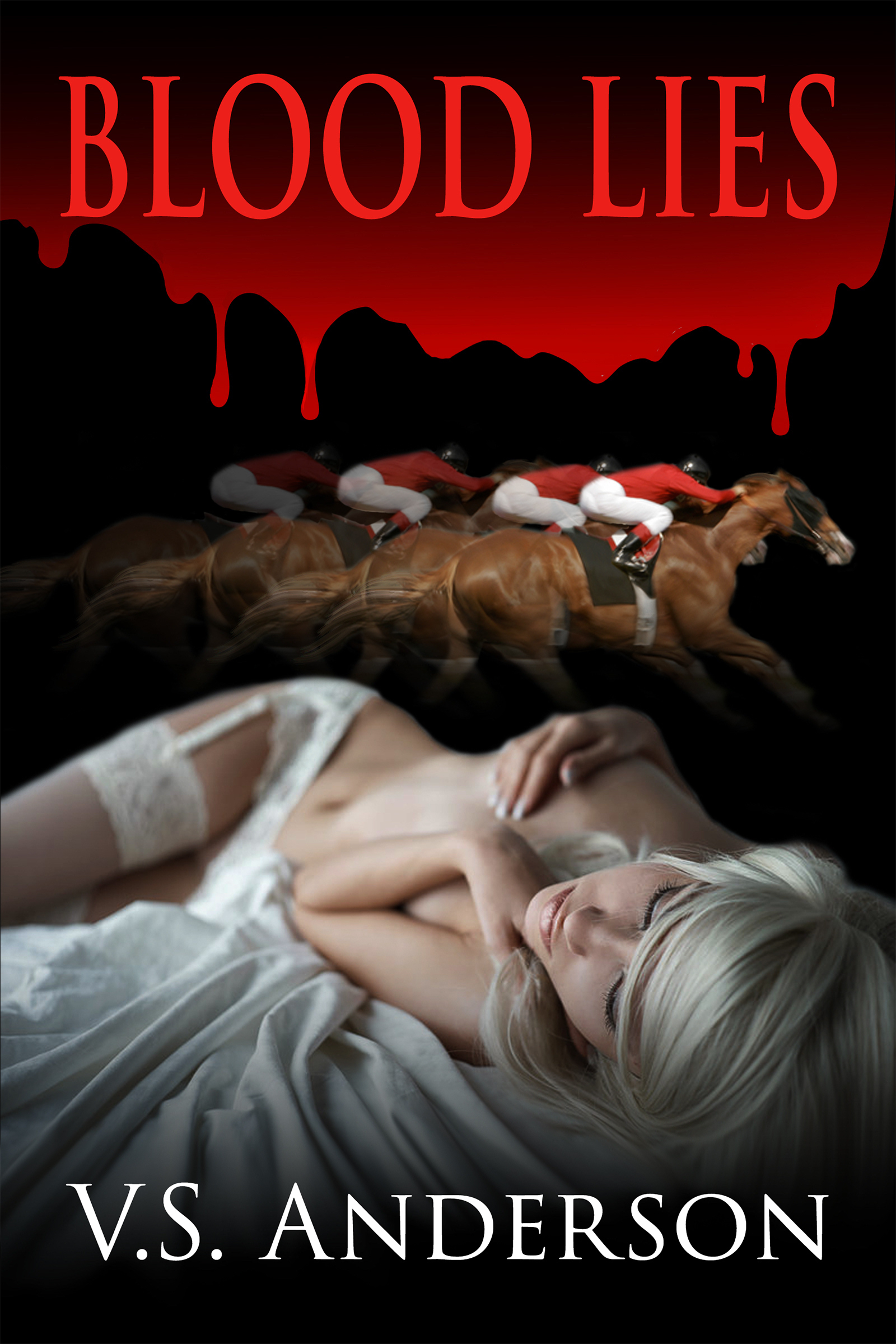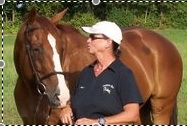They used to hang men at Four Turnings in the old days.–My Cousin Rachel by Daphne du Maurier
In the spring of that year an epidemic of rabies broke out in Ether County, Georgia.–Paris Trout by Pete Dexter
We slept in what had once been the gymnasium.–The Handmaid’s Tale by Margaret Atwood
It began the usual way, in the bathroom of the Lassimo Hotel.–A Visit from the Good Squad by Jennifer Egan
I’m collecting first line of novels that I think provide particularly good models and possibly rules of thumb for those of us hoping for just that one read. Why are these so important? I can’t help remembering my trip to the Backspace Conference in New York, sitting around a table for a “two-pages-two-minutes” critique with editors and agents. Reader after reader got stopped before getting past one-minute-one-page, or in some cases, thirty-seconds-one-paragraph. “This is too familiar,” said the agent. “I’ve heard this a million times before,” said the editor.
That experience impressed on me something my own experience as a browser in bookstores confirms: yes, the language of your whole book has to sing, but if you want people to pay the price of the concert, the first line has to be so high and clear and pure it blasts through their earphones as they’re passing on the street.
I thought I’d spend a few posts thinking about why these are examples of first lines that did that for me, in hopes of deriving some ideas as to how it’s done. I’d love it if readers would post their own favorites, with some speculation as to what makes the lines work. Be specific! Don’t just tell us “I like this” or “It works for me.” Why does it work? How does it work? So we can see whether we’re hitting your criteria in our own efforts.
Obviously, it’s not that the first line carries the book. The paragraphs that follow have to bear out the promise. But I do think that one strength of these lines is that they do make a promise. We read on to see if that promise is going to be kept.
Okay, the Daphne du Maurier line: what promise does it make?
It’s actually fairly simple at first glance–this is a haunted place. Only something bad can be set in motion here.
That promise resonates for me because I’m a firm believer in the truism that in narrative, only trouble is interesting. Promise your readers upcoming trouble in twelve simple words and they will at least finish the paragraph.
There’s more going on, though, I submit. This, like Rebecca, is to a great extent a Gothic novel, and “the old days” conjure the fatally romantic past that, in Gothic novels, no one will escape. The old days aren’t gone; they’re hovering in the shadow cast by this nameless “they” whose memory just won’t be expunged. The whole atmosphere of the book emerges: something looming. Its shadow is that of the noose.
I hear the rhythm of the sentence as well:
They used to HANG men /at Four TURNings /in the OLD days
It breaks into three parts, like a poetic stanza, with an accent on the next to last syllable of each phrase. We almost have three anapests, with a falling syllable after each. There’s all kinds of literary and neuro-cognitive speculation as to why rhythm captures us as it does; suffice it to note here that the accented moments are the central moments that almost deliver a message in themselves: HANG, TURN, OLD. Something old is going to turn on us and deliver us to that noose.
I’m going to finish the series before I try to generalize some rules from this example. I’m curious whether I’ll see the same things in all four.






Found your blog finally 🙂 I worry about my first sentence as it’s discussing a person who is not the character, but I do believe it sets up a promise of some kind. It does provide an example of the character’s voice, which I hear is also important 🙂 I think If I get no joy from my queries, I’m going to change my beginning to relate to the character straight up.
LikeLike
Hi, Lorelle!
That whole question of voice, right from the first line, is really challenging. Do the lines I’ve been analyzing have “voice”? Actually, I don’t think they do as I would define it–something that marks a character right off the top. They seem more like “authorial” voices. I ought to think about good opening lines that display a “voice.”
I changed my own opening scene for The Drowned Man about sixty times, and each time, it’s been in search of that elusive voice. I think I’m closest now, but the actual first line isn’t where the voice comes through: “One day my father walked into the woods.” What do you think?
Did you have a hard time finding the blog? Is there something I can do to make it easier?
VA
LikeLiked by 1 person
When I click your wordpress link from my comments, it says that the blog is private or something. Weird :S I think the voice from my beginning is only apparent when it’s followed by a few more sentences – so maybe I cheated there lol. It starts with: The man of the hour knew how to make an entrance. Hopefully, it leads people to wonder, ok who is this man and how does he makes this glorious entrance. I like yours because you are thinking, okay why is he going into the woods. I think we need to be easier on ourselves. As a reader, I will read past the first sentence always. Voice is tough. There’s voice that shows you distinct as a writer and there’s voice that compels. It’s tough.
LikeLike
Hmmm. The blog theme I’m setting up as a personal web site is still private, because it’s not finished. But I’m not sure why that would affect this blog. Later today I’ll log in from a machine that’s not my own and see if I can duplicate the problem. I hate for people to have trouble finding the blog and responding if they want to!
I agree–I also read the first few lines, possibly the first page. My interest in first lines in particular stemmed from my fascination with the effectiveness of the first lines of My Cousin Rachel and Paris Trout, both of which sent a shiver up my spine. A Visit from the Goon Squad was harder precisely because it was the whole first scene that was so arresting. I wanted to see how much of that promise emerged in the first line.
I do wonder who your “man of the hour” is, and I’m expecting a pretty spectacular entrance. I imagine some kind of celebration or milestone–if not a birthday, then an achievement. I see him at a gathering of some sort, a fairly formal gathering of fairly upscale people, since a different group would not say “man of the hour.” That phrase conjures a particular social milieu. Am I making sense? I think it is good information for us to learn how others hear what we write, even if we don’t always consider the ensuing advice useful.
LikeLiked by 1 person